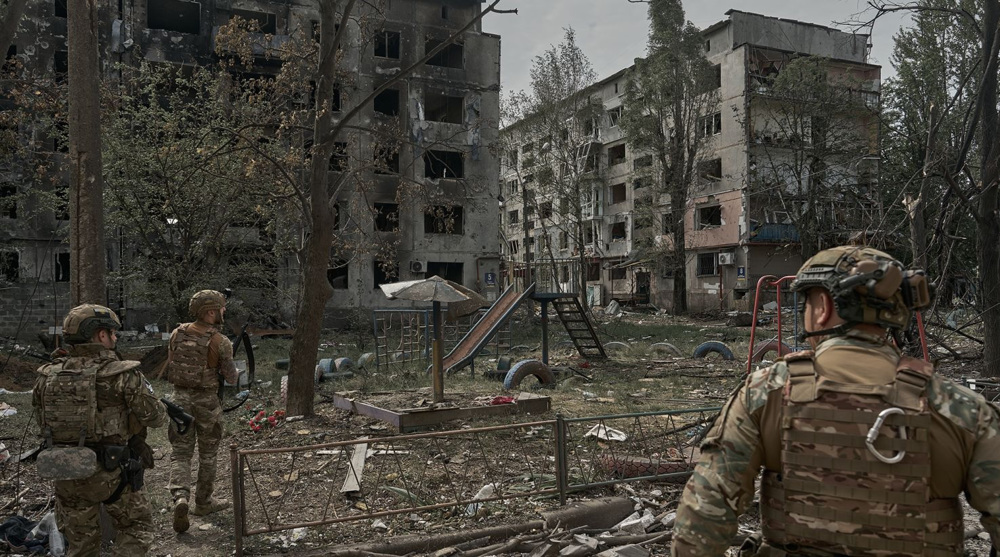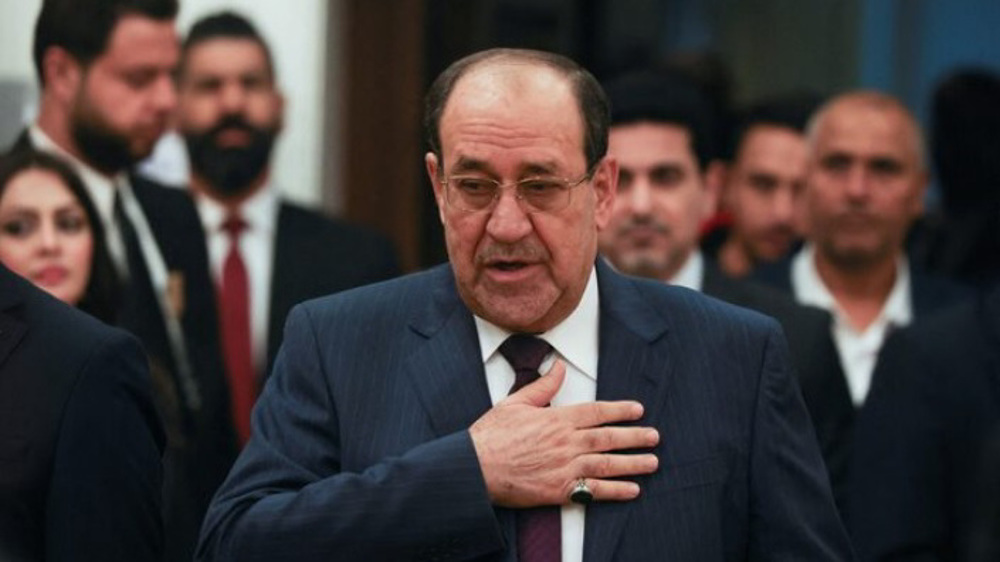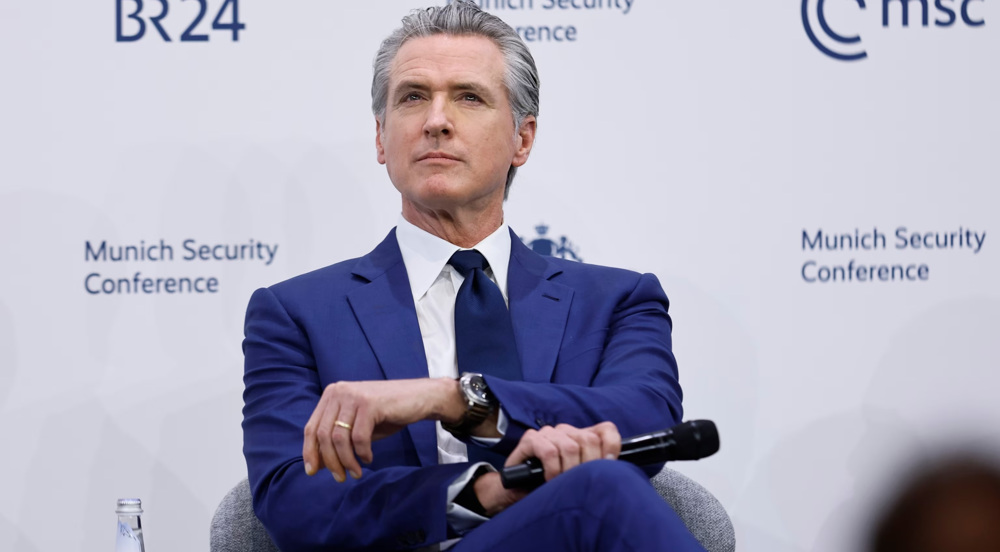US sanctions will worsen situation for long-suffering Venezuelans: UN warns
The United Nations' human rights chief has warned that the latest US sanctions against Venezuela will worsen the situation for millions of “long-suffering” people across the oil-rich country.
US President Donald Trump issued an executive order on Monday, stating that "all property and interests in property of the government of Venezuela that are in the United States... are blocked and may not be transferred, paid, exported, withdrawn, or otherwise dealt in.”
The order is also designed to prevent third-party countries doing business with the government of President Nicolas Maduro.
The new measures alarmed the UN High Commissioner for Human Rights, Michelle Bachelet, who said the sanctions were "extremely broad".
The sanctions, she feared, “will have far-reaching implications on the rights to health and to food in particular, in a country where there are already serious shortages of essential goods.”
She said there is much evidence to show that the unilateral sanctions "can end up denying people's fundamental human rights, including their economic rights as well as the right to food and health."
Bachelet said the measures were "still likely to significantly exacerbate the crisis for millions of ordinary Venezuelans.”
Washington has already imposed several rounds of sanctions against the oil-rich country to oust Maduro and replace him with opposition figure Juan Guaido, who declared himself interim president earlier this year.
The Trump administration has even confiscated Venezuela’s state oil assets based in the US to channel them to Guaido.
Venezuela's Vice President Delcy Rodriguez criticized Washington for imposing new sanctions against the country, saying they are likely to bring additional hardship to the Venezuelan people.
Maduro halts talks with opposition
In a reaction to Washington’s move, the Maduro government announced on Wednesday that it would not attend a new round of talks with the opposition, set to be held in Barbados on Thursday and Friday.
The president decided not to send his representative due to “serious and brutal aggression” carried out continuously by the Trump administration against his country, according to a statement posted on Twitter by Information Minister, Jorge Rodriguez.
"Venezuelans have noted how the leader of the opposition delegation, Juan Guaido, has celebrated and promoted these actions that are harmful to national sovereignty," said the information ministry in a statement.
Guaido already welcomed the US sanctions, arguing that they punish those "who do business with the regime".
Since May, the Maduro government has engaged in negotiations with the opposition in a bid to resolve the political deadlock. However, the talks have so far failed to bridge the differences between the two sides.
In the meantime, US National Security Adviser John Bolton threatened that Washington would use "every tool to end Maduro's dictatorship in Venezuela.”
“The time for dialogue is over. Now is the time for action,” Bolton said while addressing a summit on Venezuela in Peru’s capital, Lima.
He also called on China and Russia — two of Venezuelan’s allies – to abandon their “intolerable” support for the Maduro government.
Last month, Washington threatened Russia with new sanctions over its support for Maduro, shortly after announcing punitive measures against several individuals and groups for their involvement in an emergency food program.
A former US diplomat and vice-president of the Council of the Americas Eric Farnsworth said, “Obviously the goal here is to get Maduro out of power … [But] I don’t know what the trigger is to force him out – I don’t think anybody does. That’s part of the issue.”
Venezuelans are suffering from a lack of basic necessities as a consequence of US sanctions. According to United Nations statistics, a quarter of Venezuela’s 30-million-strong population is in need of humanitarian aid.
At least 3.3 million people have fled the country since the end of 2015, according to the data.
Journalist Tucker Carlson says he was detained in occupied territories after interview with US amb.
VIDEO | Is there any hope for Russia-Germany relations?
VIDEO | Israeli land grab policies
Nuclear chief: Israeli infiltration, sabotage drove Iran towards nuclear self-sufficiency
IRGC intel. chief: Enemies devised 7-stage plot for recent riots
Israeli minister calls to 'encourage' Palestinian exodus
VIDEO | Press TV's news headlines
VIDEO | Near breakdown: Generators in Gaza’s main hospitals













 This makes it easy to access the Press TV website
This makes it easy to access the Press TV website